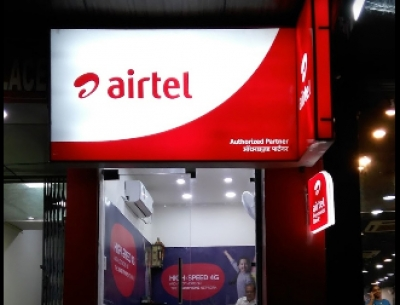
San Francisco, Nov 4 (IANS) Google AdSense, the popular advertising platform, has announced that it will transition from pay-per-click to a pay-per-impression model, meaning publishers will get paid every time an ad is displayed.
The company expects these updates to go into effect early next year, and these changes will not require any action from publishers.
“AdSense will soon transition from primarily paying publishers per click to the display industry standard of paying per impression,” Google said in a blogpost.
“This update will provide a more uniform way for paying publishers for their ad space across Google’s products and third-party platforms, helping them compare with other technology providers they use,” it added.
The tech giant also noted that this change will not influence the type or quantity of ads publishers can display on their websites.
Google also updated AdSense’s revenue-share structure to provide a consistent way for publishers to compare the differing fees across the various technologies they use to monetise.
Previously, the Google AdSense network processed fees within a single transaction. The company is now splitting the AdSense revenue share into separate rates for the buy-side and sell-side.
“For displaying ads with AdSense for content, publishers will receive 80 per cent of the revenue after the advertiser platform takes its fee, whether that be Google’s buy-side or third-party platforms,” according to the company.
For instance, when Google Ads purchases display ads on AdSense, Google Ads will retain on average 15 per cent of advertiser spend.
There are variations because Google Ads does not take a fixed, per-impression fee, as many advertisers choose to pay based on user actions, like a click or conversion, the company explained.
Overall, publishers will continue to keep about 68 per cent of the revenue. When advertisers use a third-party platform to purchase display ads on AdSense, publishers will keep 80 per cent of the revenue after the third-party platform has taken its fee.
–IANS
shs/rad




